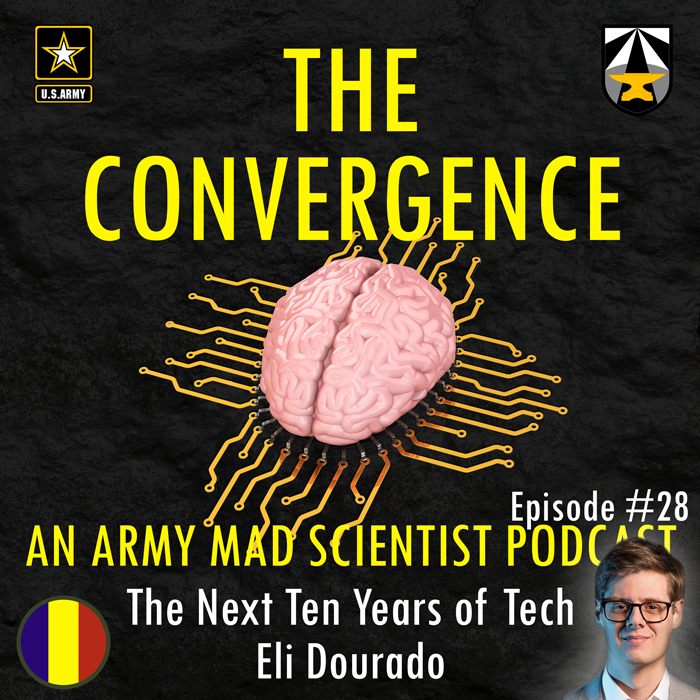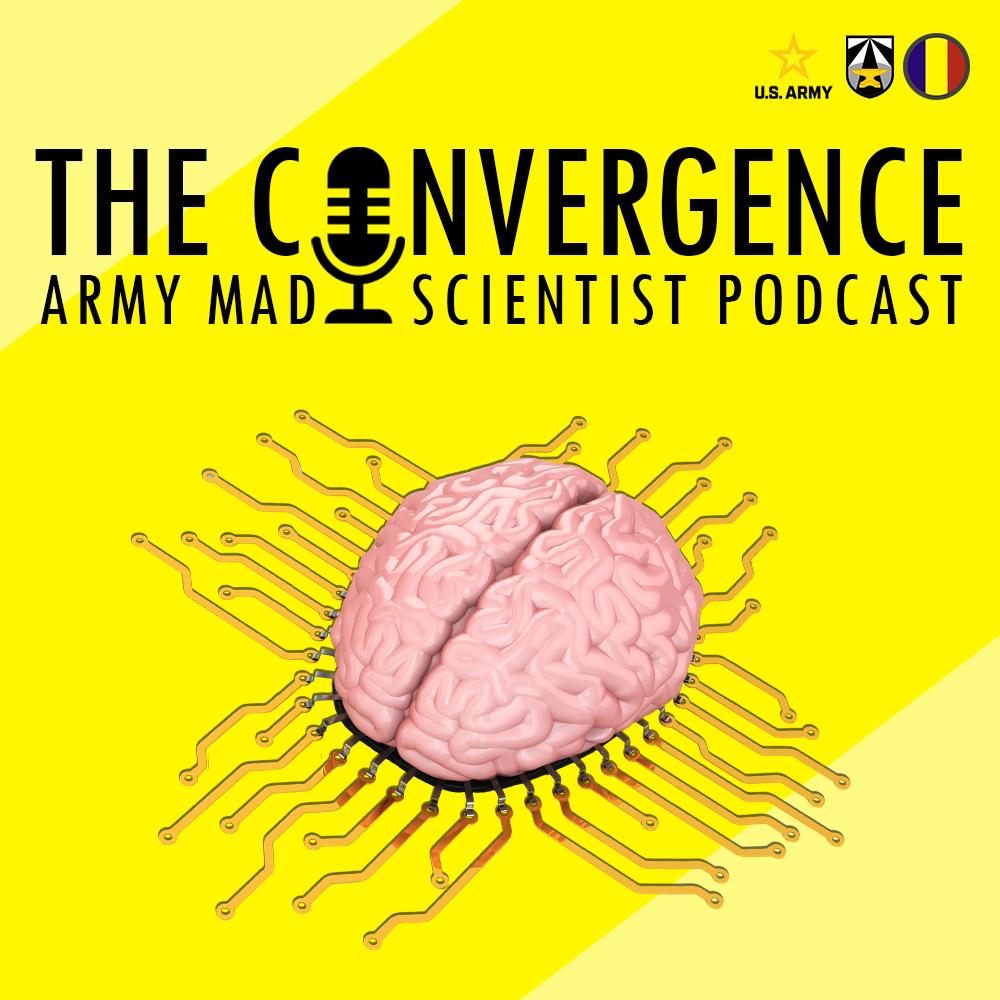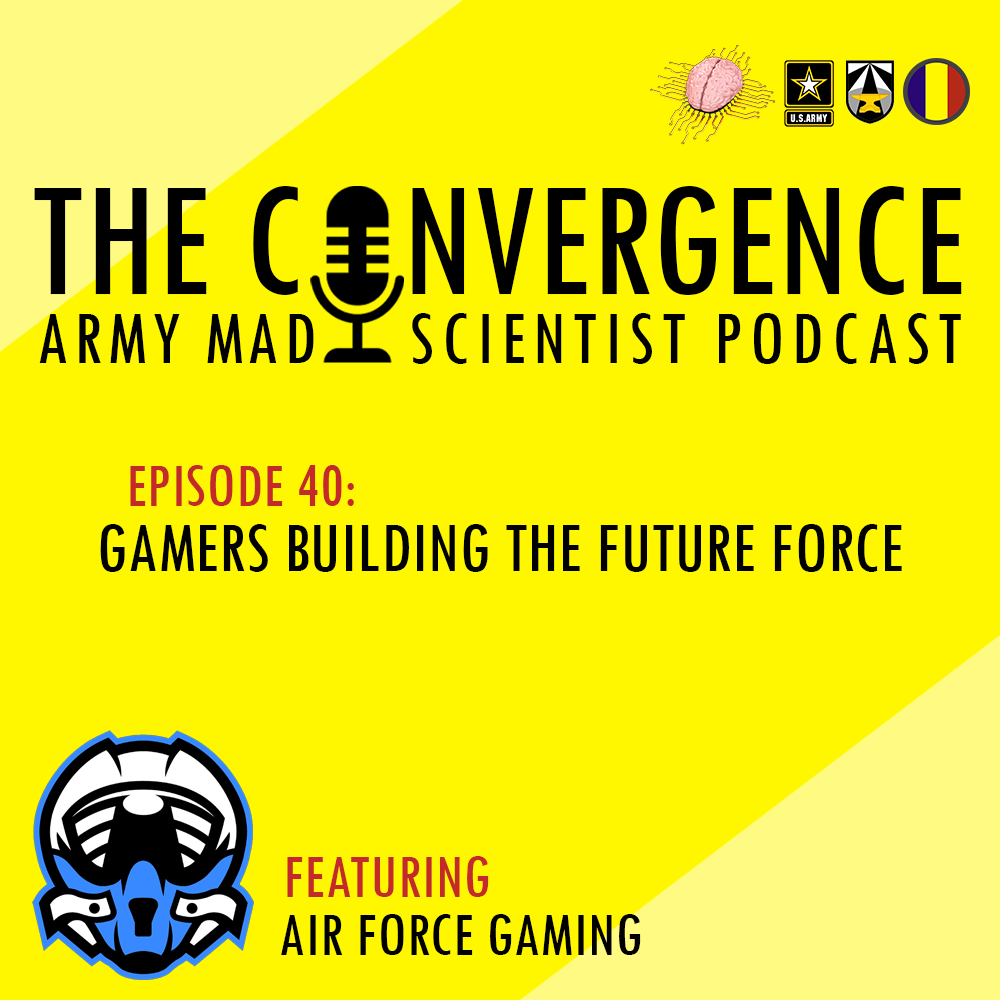COL John Antal served 30 years in the Army and has commanded combat units from platoon through regiment and served on division, corps, and multinational staffs. He also served at the National Training Center and has extensive experience in Korea, serving multiple tours on the DMZ. After retiring from the Army, COL Antal was selected by Microsoft Games Studio to help develop an interactive entertainment company in Texas. He then became the Executive Director for Gearbox Software with studios in Texas and Canada. He led teams to develop multiple AAA+ video games and is an innovator in the interactive gaming and learning industry. As an author, COL Antal has published 16 books and hundreds of magazine articles. He has served as Editor of the Armchair General magazine, and appeared on TV and the radio to discuss leadership, historical, and national security issues. He is a freelance correspondent for Euro-based Military Technology (Mönch Publishing Group) and Mittler Report Verlag.
In today’s podcast, COL Antal discusses the implications of the Second Nagorno-Karabakh Conflict, the psychological effects of drone warfare, and the future of maneuver. The following bullet points highlight key insights from our interview with him:
- U.S. success in future conflicts depends on our ability to analyze the trends found in conflicts today. By examining the Second Nagorno-Karabakh war, the United States can gain valuable insights on the future of warfare, and better respond to threats in future conflicts.
Ten lessons learned from the Second Nagorno-Karabakh conflict are:
- Know Yourself, Know your Enemies. The Azeris had reviewed the underlying causes of their previous defeat at hands of the Armenian armed forces, meticulously studied their current capabilities, and adapted/incorporated new ways of warfare, enabling them to decisively win this conflict in 44 days. Better equipment, organization, training, preparation, and leadership are key.
- Set the Conditions for Success before you Fight. The Azeris had cultivated strategic relationships with both Turkey and Israel — providing them with access to sophisticated ISR and strike UAS and loitering munitions. They also induced hesitation with Armenia’s sponsor, Russia, causing them to equivocate whether the defense of the Nagorno-Karabakh region fell within the scope of the Armenian-Russian mutual defense agreement.
- Strike First. The innovative use of obsolete, remotely piloted air assets to probe and force Armenian air defense radars to “light up” enabled the Azeris to then fix, target, and destroy the Armenian layered air defenses using precision weapons, granting them first mover advantage.
- Dominate across all Domains. While the Maritime domain did not factor significantly in this conflict (Nagorno-Karabakh being landlocked), the Azeris dominated all other domains, successfully synchronizing actions across the Air, Land, Cyber, and even the Space domains — with their Turkish-supplied Bayraktar TB2 ISR and strike UAS leveraging Turkish satellites for communications links.
- The Battlefield is Becoming Increasingly Transparent. Despite camouflage, Armenian command posts and air defense assets were easily targeted and destroyed. If you are sensed, you are targeted; and if targeted, you are destroyed or rendered inop. Sensors are more important than shooters, enabling shooters to now execute with greater precision than ever before. High definition full motion real-time videos from UAS and loitering munitions not only allowed the Azeris to target and destroy Armenian systems and personnel, but provided intelligence, battle damage assessment, and video content used to win the information war. There is nowhere to hide.
- Masking is Essential to Survive in the Future Battlespace. Masking is a full spectrum effort engaging all active and passive measures to make systems and personnel hard to target. Camouflage is no longer enough. We must define, study, and promote the concept of masking as a key element of war — possibly elevating it as a separate principle of war. Our mantra must be “Mask or Die.”
- Top Attack is Becoming the Decisive Method of War. Azeris’ UAVs and loitering munitions provided them with a relatively inexpensive substitute for conventional air power. Any state (or non-state actor) with the resources to purchase top attack systems on the global market has the potential to achieve air supremacy.
- Long Range Precision Fires will Dominate Future Fights. Azeris use of both dumb and smart artillery fires, in conjunction with UAS and brilliant loitering munitions, enabled them to win decisively in just 44 days. There was no decisive close combat fight. We need to develop our own standoff strike capabilities, while simultaneously denying our adversaries the use of theirs.
- Active Protection Systems and Air Defense. Active defense systems are needed to survive in the new battlespace. Armenian ground forces had about seven seconds to react to incoming strikes by UAS and loitering munitions, resulting in devastating crises in their Soldiers’ morale and will to fight. Layered, multi-capable, air defense against top attack munitions, missiles, aircraft, and low-speed and high-speed threats, is vital. We need an “Iron Dome-like” top attack protection capability for our combat, command and control, combat support, and combat service support elements.
- Warfare is Accelerated. Roboticization and automation mean battles will be increasingly executed faster than ever before. This trend will turn the existing “kill chain” into a “kill web,” where artificial intelligence (AI) will prioritize and synchronize weapons engaging targets across multiple domains. This synchronization will be AI-led, with humans-in or on-the-loop, then executed with humans-out-of-the-loop at hyperspeed.
- The United States should remain prepared to deter or fight and win decisively future conflicts by leveraging its spending power to lead in technology development. While the U.S. Army’s greatest asset remains its people, developing technologies to help Soldiers win should remain a priority.
- Technology development has allowed an increased number of actors to engage in warfare through the use of inexpensive drones. In the future, mercenary forces may serve as “drones for hire,” further expanding access to this disruptive technology.
Stay tuned to the Mad Scientist Laboratory for our next episode of “The Convergence,” featuring our interview with the Undersecretary of the Navy, the Honorable James “Hondo” Geurts and Dr. Zachary Davis, Senior Fellow, Center for Global Security Research, Lawrence Livermore National Laboratory, discussing how to think radically about the future, capitalize on talent, and unleash technological convergences to out-compete our adversaries, and when necessary, defeat them decisively in conflict, on 15 April 2021.


